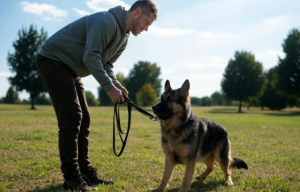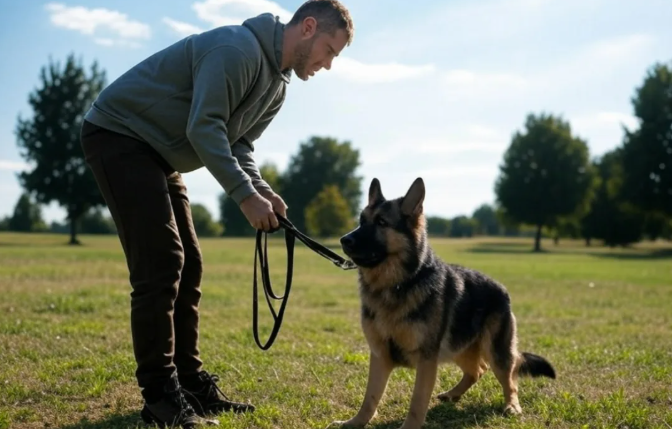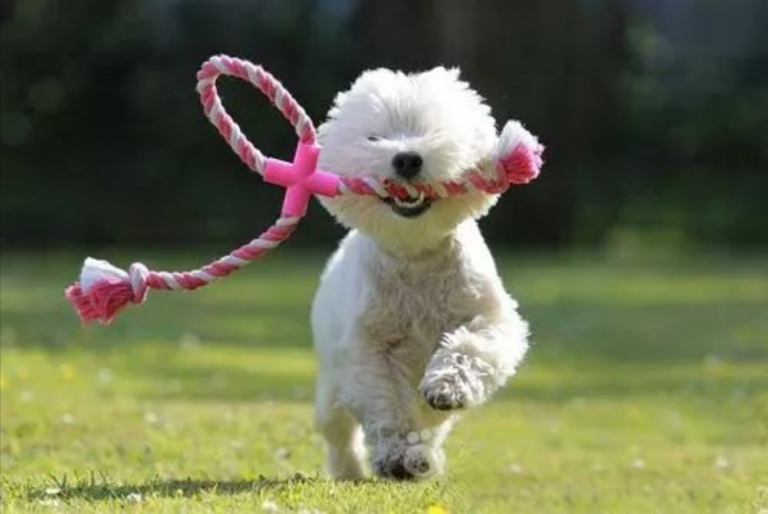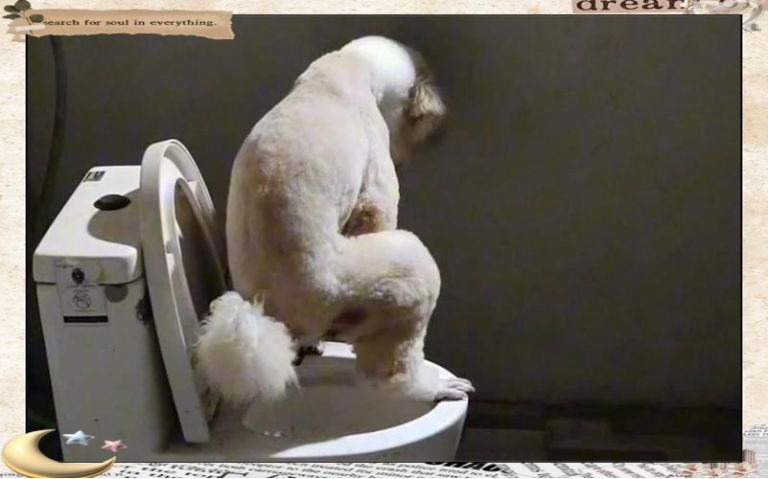Dog Training Tips: Master Human-Dog Relationship Skills
Understanding Chinese Social Dynamics: Power Dynamics and Building Healthy Relationships

Let’s explore an interesting pattern in Chinese social interactions that affects families, workplaces, and society. This pattern revolves around power dynamics—a concept that helps explain common relationship structures.
What Are Power Dynamics in Chinese Culture?
This system divides relationships into two roles:
- The Rule-Maker: sets standards and expects obedience
- The Rule-Follower: adapts to maintain security and acceptance
These power dynamics appear in various settings:
- Family (“Respect your elders”)
- Education (“Teachers always know best”)
- Workplaces (“Follow traditions”)
How Power Dynamics Work
1. Creating Hierarchy Through Rules
Many social rules exist to maintain order rather than efficiency:
- “Young people should listen to elders”
- “This is how our group operates”
- “Industry traditions matter most”
These unwritten rules help maintain existing power structures.
2. Emotional Control Tactics
Relationship dynamics often involve:
- Superiors expressing emotions freely
- Subordinates carefully monitoring moods
- Creating dependency through approval systems
3. Constant Self-Proving Cycle
Those in power might use phrases like:
- “Are you capable enough?”
- “This doesn’t meet standards”
- “You need more experience”
This keeps others constantly seeking validation.
Breaking Free from Limiting Power Dynamics
1. Question the System
- Ask “Who benefits from these rules?”
- State “That’s your standard, not mine”
- Counter “Why should I prove myself?”
2. Stay Emotionally Balanced
- Respond calmly to criticism
- Focus on facts over emotions
- Use humor to defuse tension
3. Build Independent Networks
- Develop diverse connections
- Strengthen personal skills
- Trust your own judgment
The Hidden Cost of Power Games
Both roles in these power dynamics face challenges:
- Superiors constantly protect their status
- Followers lose individuality
- Everyone gets trapped in the system
Creating Healthy Relationships
True strength comes from:
- Maintaining personal boundaries
- Respecting others without hierarchy
- Focusing on mutual growth
By understanding these power dynamics, we can build more authentic connections. The goal isn’t to control or be controlled, but to interact as equals while respecting cultural contexts. This approach helps create healthier social environments where everyone can thrive.






